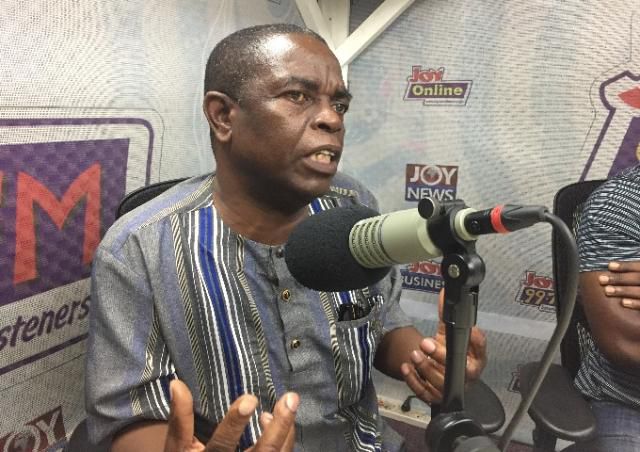Commanding weak cedi against major currencies with prayers sickening - Kwesi Pratt
)
He said it does not make sense to claim that the value of the cedi is falling simply because Ghanaians are not praying enough and also not praying to the right God.
According to him, it "is sickening in the extreme and some of them [Men of God] were heard not too long ago praying so hard for the cedi to rise".
The cedi has depreciated against the dollar from GH¢4.9 to around GH¢5.50 since the beginning of the year.

Some men of God spiritually commanded the falling cedi to rise against major trading currencies and also charged Ghanaians to pray for the recovery of the sharp depreciating of the local currency.
But Kwesi Pratt speaking on Accra-based Radio Gold averred that in spite of their commands, the cedi keeps sinking adding that they don't appear to be learning; still "shouting" and "disturbing", humming in the ears of Ghanaians with "silly" prayers which resolve no problem but rather compound them.
)
)
)
)
)
)
)
)
)
)
)
)
)
)
)